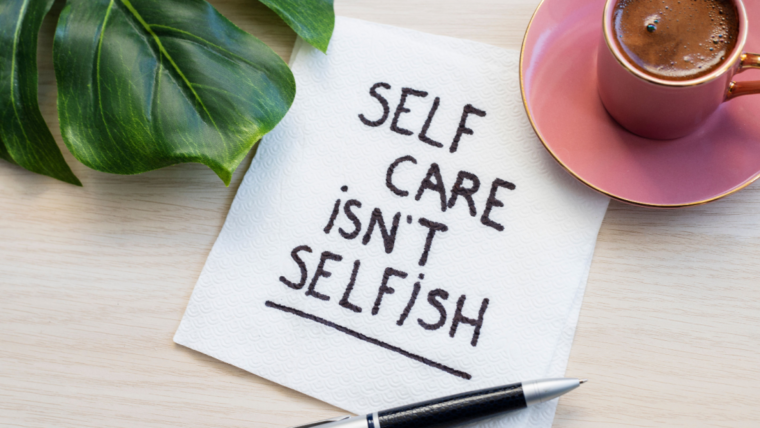In the pursuit of mental well-being, the journey extends far beyond traditional therapy and medication. Holistic approaches offer a comprehensive toolkit that addresses not only the symptoms but also the root causes of mental health challenges. As an advocate for mental well-being, let’s delve into holistic methods that encompass mindfulness, meditation, and alternative therapies, offering a holistic perspective on nurturing mental health.
Understanding the Holistic Approach to Mental Well-Being
Holistic mental health focuses on treating the whole person—mind, body, and spirit—rather than isolating symptoms. It acknowledges the interconnectedness of various aspects of our lives and recognizes that mental health is influenced by factors beyond biochemical imbalances. By embracing holistic methods, individuals can foster a deeper sense of self-awareness, resilience, and overall well-being.
Mindfulness and Meditation: Cultivating Mental Resilience
- Mindfulness Practices: Incorporating mindfulness into daily life involves cultivating present-moment awareness. Whether through mindful breathing, mindful eating, or mindful walking, these practices help ground individuals in the here and now, reducing anxiety about the future and regrets about the past.
- Meditation Techniques: Meditation provides a structured approach to quieting the mind and enhancing self-awareness. Guided meditations, body scan meditations, and loving-kindness meditations are powerful tools for calming the mind, managing stress, and fostering a positive mental outlook.
Alternative Therapies for Mental Wellness
- Yoga for Mind-Body Connection: Yoga is more than just a physical practice; it is a holistic system that integrates breath, movement, and mindfulness. Regular yoga practice has been associated with reduced symptoms of anxiety, depression, and improved overall mental well-being.
- Acupuncture and Traditional Chinese Medicine: Acupuncture, an integral part of Traditional Chinese Medicine, involves inserting thin needles into specific points on the body. This practice aims to restore the balance of energy, or Qi, and has shown promise in alleviating symptoms of anxiety, depression, and stress.
- Art and Music Therapy: Creative expression through art and music can be therapeutic for mental health. These forms of therapy provide individuals with a non-verbal outlet for processing emotions, reducing stress, and fostering self-discovery.
- Herbal Remedies and Nutritional Psychiatry: Holistic mental health also considers the impact of nutrition on mental well-being. Some herbs and supplements, along with a balanced diet, can play a role in supporting mental health. The emerging field of nutritional psychiatry explores the connection between diet and mental health.
- Breathwork and Pranayama: Conscious breathing practices, known as pranayama, offer profound benefits for mental health. Techniques such as deep belly breathing, alternate nostril breathing, and box breathing can help regulate the nervous system, reduce stress, and enhance mental clarity.
Nurturing Mental Well-Being Holistically
Holistic approaches to mental health offer a diverse range of tools to nurture well-being. Click on the sections that resonate with you, and consider incorporating these holistic methods into your mental health routine. By embracing mindfulness, meditation, and alternative therapies, you are not only addressing symptoms but also fostering a deeper connection with yourself and the world around you. Your journey to holistic mental well-being begins with the intentional steps you take today, paving the way for a more resilient and balanced tomorrow.

